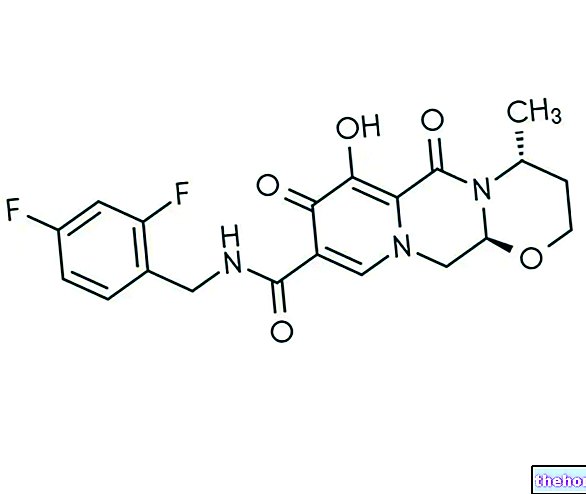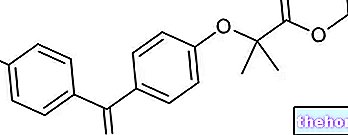Definition
Scabies refers to an "infestation of the skin, infectious and extremely contagious, caused by a mite: the disease involves, in particular, the flexor surfaces and the folds of the skin.
Causes
The causative agent of scabies is the mite Sarcoptes scabiei hominis, responsible for the intense and relentless itching: the parasite, penetrating the skin - albeit on the surface - deposits the eggs, from which larvae will be born that mature in about 2 weeks, creating damage.
Symptoms
Scabies is distinguished by intense itching and the formation of papules and blisters on the skin: the symptoms begin 3-4 weeks after infection, and are often fomented by other bacterial infections. The erythemato-papular eruption can also extend to the entire body surface, generating impetigo, boils and folliculitis. Severe scabies: formation of skin ulcers and scabs, alopecia, nail involvement.
N.B. scabies tends to degenerate especially in HIV-infected people or in any case in immunocompromised patients in general.
The information on Scabies - Medicines for the Treatment of Scabies is not intended to replace the direct relationship between health professional and patient. Always consult your doctor and / or specialist before taking Scabies - Medicines to Treat Scabies.
Medicines
In case of ascertained scabies infection, it is first of all necessary to remove all the mites and their eggs from the skin, in addition to treating the itching; it is then necessary to carry out a disinfestation of domestic places, paying particular attention to the sanitation of clothing, sheets and blankets where the patient rests. The drugs used in the treatment of scabies are used both for topical and systemic use.
The following are the classes of drugs most used in therapy against scabies, and some examples of pharmacological specialties; it is up to the doctor to choose the most suitable active ingredient and dosage for the patient, based on the severity of the disease, the state of health of the patient and his response to treatment:
Anti-infective drugs against scabies (acaricides):
- Permethrin (eg Scabianil, Scabiacid): it is recommended to apply the cream (5%) on the entire surface of the body, and wash off after 8-12 hours.If your hands are washed before this time, treat them again with the drug.
- Malathion (Carbofos): apply the product all over the body, including scalp, neck, face and ears. The preparation is available at 0.5%; wash the body after 24 hours. If your hands come into contact with water before 24 hours, repeat the application. After 7 days, reapply the product.
- Benzyl benzoate (eg Benz Be FN) this drug must also be applied to the entire body surface, even if some areas are asymptomatic. Repeat the application the next day without washing: a shower can be done after another 24 hours. Sometimes, scabies may require a third application. Consult your doctor.
- Ivermectin (S. Stromectol): to be used only in case of ascertained hyperkeratotic scabies that does not respond to topical pharmacological applications. The drug in question is a broad spectrum anthelmintic, to be taken orally at a dose of 200 µg / kg, in combination with other topical active ingredients.
Medicines to relieve the itching associated with scabies
Medicines to relieve itching are also used after the skin infection has resolved because eczema and itching rarely disappear with the removal of the responsible parasite.
- Crotamiton (eg Eurax Crema, Crotaglin, Veteusan): apply 2-3 times a day, as prescribed by the doctor. The drug is indicated for adults suffering from itchy scabies. For children, the application of the cream should only be done once a day.
- Topical corticosteroids: used to reduce itchy symptoms and inflammation after having effectively treated scabies. For example, betamethasone dipropionate (eg Diprosone, Celestone, Bentelan) is a corticosteroid indicated to relieve itching and eczema, also associated with scabies. It is available in the form of an ointment, cream or gel of 0.064 g of Betamethasone dipropionate It is recommended to apply the product once or twice a day, following the doctor's instructions.
- Oral sedative antihistamines: for example, cyclizine hydrochloride should be taken at a dosage of 50 mg 3 times a day. Consult your doctor.
- Targeted antibiotics can also be taken in case of scabies and bacterial co-infections.
N.B. In case of scabies infection, it is recommended to subject all family members or cohabitants to pharmacological treatment. Furthermore, during the treatment with drugs, the product must be applied on the entire surface of the body, paying particular attention to the interdigital spaces and to the level of of the nails.























-nelle-carni-di-maiale.jpg)




